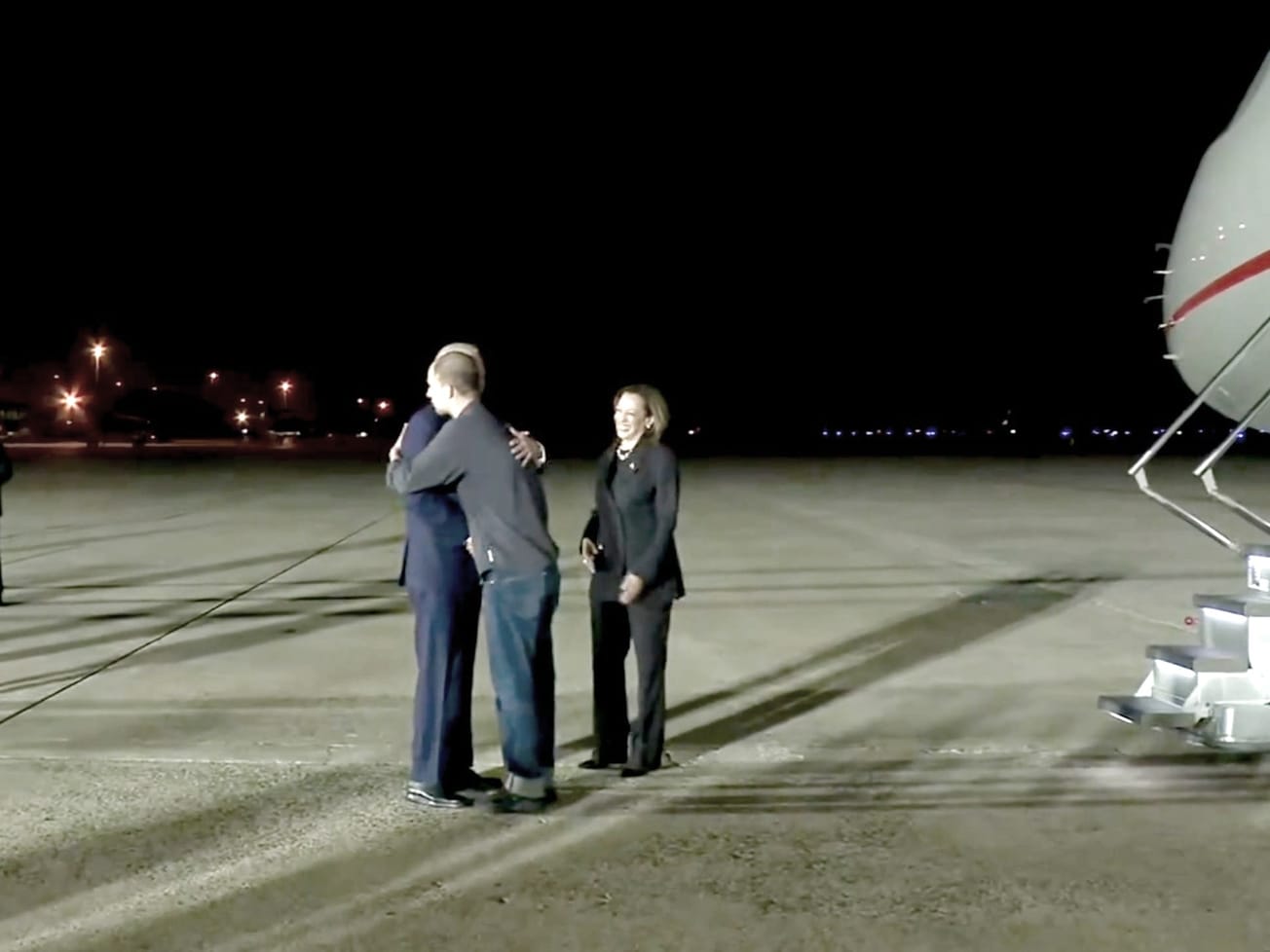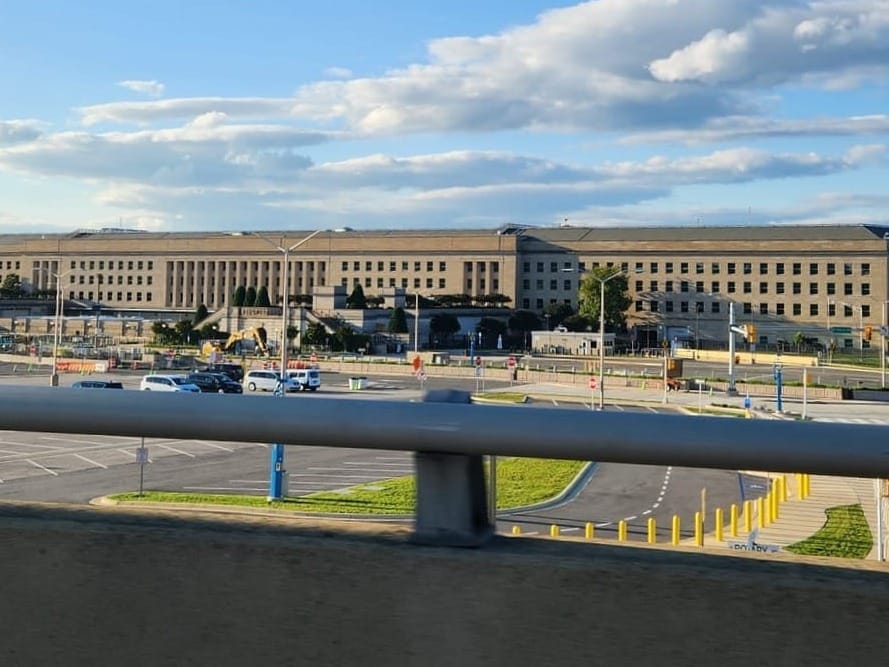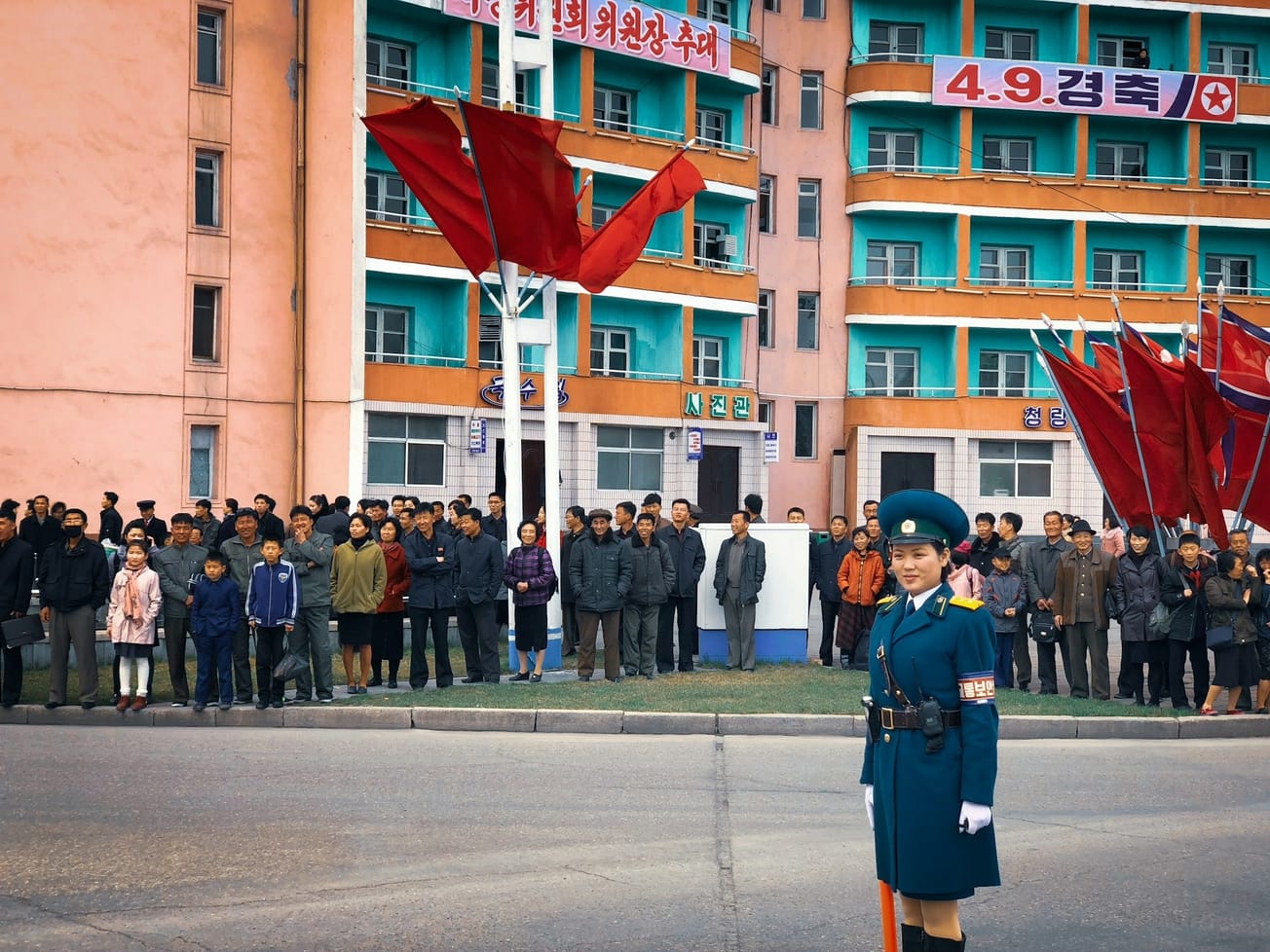Organizations that defend the rights of independent journalists around the world welcomed the biggest U.S.-Russia prisoner swap in post-Soviet history, but called on the Kremlin to stop its blatant hostage diplomacy.
What's new: Reporters Without Borders said it is "hugely relieved" at the release of Wall Street Journal reporter Evan Gershkovich and Radio Free Europe/Radio Liberty journalist Alsu Kurmasheva – two of the 24 people who were freed in a complex deal negotiated at the highest levels among seven countries on Thursday – and "condemns the Kremlin’s arbitrary detention of these journalists, which amounts to state hostage-taking."








